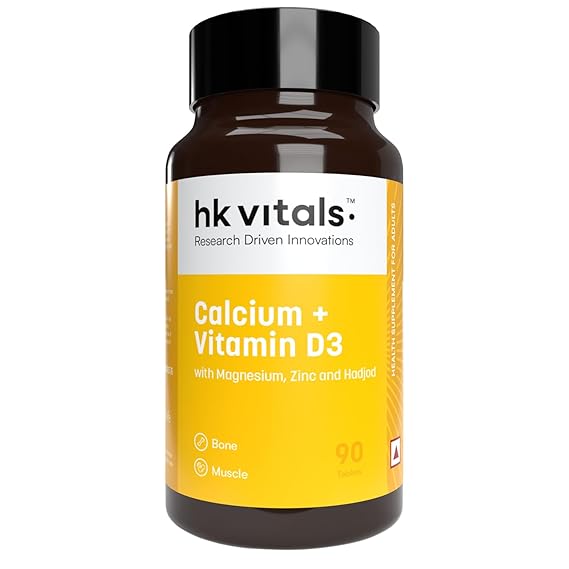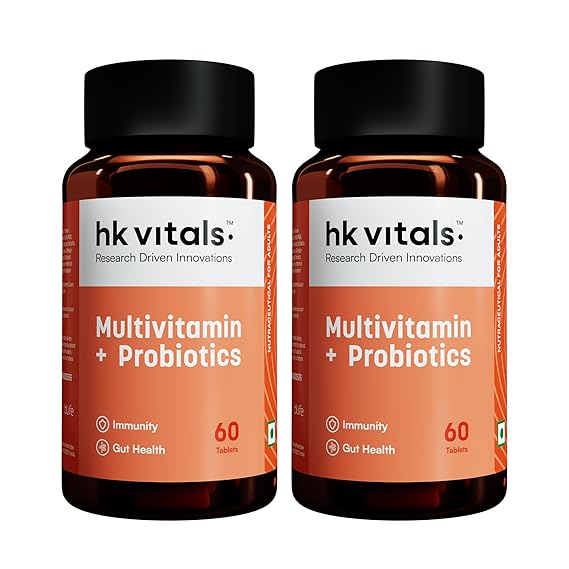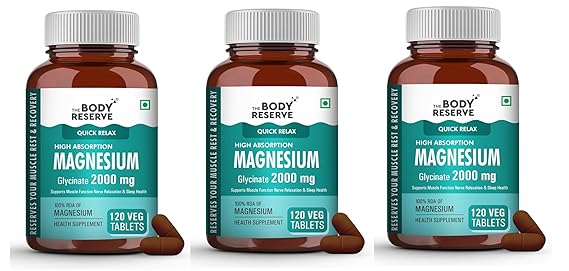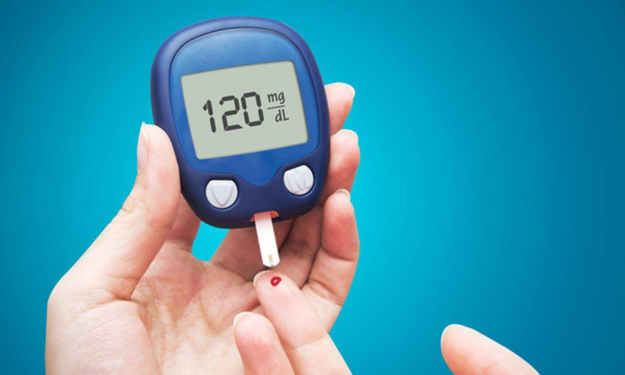Top Vitamins and Minerals You Shouldn’t Ignore
In today’s fast-paced world, maintaining a healthy lifestyle often takes a backseat to our busy schedules. While exercise, sleep, and stress management are all crucial, nutrition is the foundation of overall well-being. The food we eat fuels our body, but it also provides vital nutrients that support immunity, brain function, energy levels, and long-term disease prevention.
Among these nutrients, vitamins and minerals play a central role. They are required in small amounts, yet deficiencies can lead to serious health issues. Unfortunately, due to poor dietary habits, processed foods, and hectic routines, many people fail to meet their daily requirements. In this blog, we’ll explore the top vitamins and minerals you shouldn’t ignore, their benefits, and the best food sources to include in your diet.

Why Are Vitamins and Minerals Important?
Vitamins and minerals are considered micronutrients. Unlike macronutrients (carbohydrates, proteins, fats), which provide energy, micronutrients are required in smaller amounts but are equally important. They regulate vital body processes such as:
- Supporting immune function
- Building strong bones and teeth
- Improving energy production
- Enhancing cognitive function
- Maintaining healthy skin, hair, and nails
- Reducing the risk of chronic diseases
When the body lacks essential vitamins or minerals, symptoms like fatigue, frequent illness, poor concentration, and brittle hair/nails often appear. Over time, deficiencies may contribute to conditions such as anemia, osteoporosis, or weakened immunity.
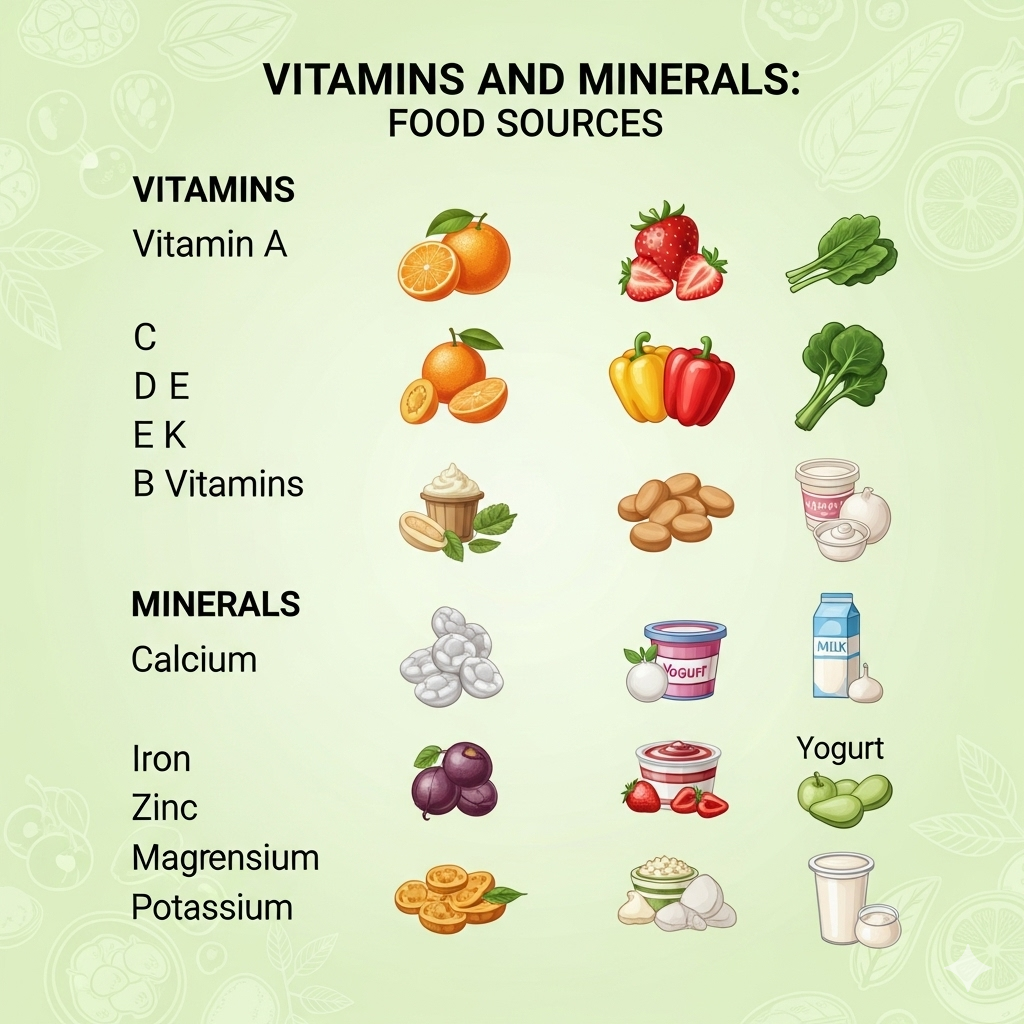
Essential Vitamins You Shouldn’t Ignore
- Vitamin D – The Sunshine Vitamin
- Why you need it:Vitamin D plays a crucial role in calcium absorption, which is vital for strong bones and teeth. It also supports immune health and may reduce the risk of chronic diseases.
- Deficiency risks: Weak bones, rickets in children, osteoporosis in adults, frequent illness, and mood disorders.
- Sources: Sunlight exposure, fatty fish (salmon, mackerel), egg yolks, fortified milk, and supplements if recommended.
Recommended High-Quality Vitamin D3 Supplement
- Vitamin C – Immunity Booster
- Why you need it:Known for its immune-boosting powers, Vitamin C helps the body heal wounds, improves iron absorption, and acts as a powerful antioxidant.
- Deficiency risks:Scurvy (bleeding gums, fatigue), weak immunity, delayed wound healing.
- Sources:Citrus fruits (oranges, lemons), strawberries, bell peppers, kiwi, broccoli, and tomatoes.
- Vitamin A – Vision and Skin Health
- Why you need it:Vitamin A is essential for eye health, skin repair, and a strong immune system. It also plays a role in reproductive health and cell growth.
- Deficiency risks:Night blindness, dry eyes, skin problems, and poor immunity.
- Sources:Carrots, sweet potatoes, spinach, kale, liver, and fortified cereals.
- Vitamin B12 – Energy and Brain Support
- Why you need it:Vitamin B12 is crucial for nerve function, red blood cell formation, and DNA synthesis. It helps prevent fatigue and supports brain health.
- Deficiency risks:Anemia, weakness, memory problems, numbness, and tingling in the hands/feet.
- Sources:Meat, fish, dairy, eggs, fortified cereals (important for vegetarians/vegans).
- Vitamin E – Antioxidant Powerhouse
- Why you need it:Vitamin E protects cells from damage, improves skin health, and supports immune function. It also helps prevent oxidative stress.
- Deficiency risks:Muscle weakness, vision problems, weakened immunity.
- Sources:Nuts, seeds, spinach, sunflower oil, and avocados.
Essential Minerals You Shouldn’t Ignore
- Calcium – The Bone Builder
- Why you need it:Calcium is vital for strong bones and teeth, muscle contraction, nerve signaling, and heart health.
- Deficiency risks:Weak bones, osteoporosis, muscle cramps, brittle nails.
- Sources:Milk, yogurt, cheese, almonds, leafy greens, fortified plant-based milk.
Try this: Daily Multivitamin Supplement
- Iron – Oxygen Transporter
- Why you need it:Iron helps form hemoglobin, the protein in red blood cells that carries oxygen throughout the body. Without it, you may feel constantly tired.
- Deficiency risks:Iron-deficiency anemia, fatigue, weakness, pale skin, dizziness.
- Sources:Red meat, lentils, beans, spinach, fortified cereals, pumpkin seeds.
- Magnesium – Relaxation Mineral
- Why you need it:Magnesium supports muscle function, nerve signaling, energy production, and helps regulate blood pressure. It also promotes better sleep and relaxation.
- Deficiency risks:Muscle cramps, anxiety, fatigue, irregular heartbeat.
- Sources:Nuts, seeds, whole grains, dark chocolate, spinach.
Top Pick: Magnesium Supplement for Sleep & Relaxation
- Zinc – Immunity and Healing
- Why you need it:Zinc is essential for immune defense, wound healing, taste and smell, and cell growth.
- Deficiency risks:Slow wound healing, frequent infections, hair loss, and loss of appetite.
- Sources:Oysters, red meat, pumpkin seeds, chickpeas, cashews.
- Potassium – Heart Health Hero
- Why you need it:Potassium balances fluids, regulates muscle contractions, and helps maintain normal blood pressure.
- Deficiency risks:Weakness, fatigue, muscle cramps, irregular heartbeat.
- Sources:Bananas, oranges, potatoes, spinach, beans, yogurt.
Tips to Ensure You’re Getting Enough Vitamins and Minerals
- Eat a colorful diet– Include a variety of fruits, vegetables, whole grains, lean proteins, nuts, and seeds.
- Limit processed foods– Highly processed foods are often stripped of essential nutrients.
- Consider supplements if necessary– For those with dietary restrictions (vegans, vegetarians, lactose-intolerant individuals), supplements may be essential. Always consult a doctor before starting.
- Stay hydrated– Water helps in the absorption and transport of nutrients.
- Regular checkups– Blood tests can reveal nutrient deficiencies early so you can adjust your diet accordingly.
Vitamins and minerals may be required in small amounts, but their impact on health is enormous. From boosting immunity and energy to protecting bones and preventing chronic illnesses, these micronutrients ensure your body runs smoothly.
Ignoring them can have long-term consequences, but the good news is that with a balanced diet, you can meet most of your daily requirements. Pay attention to what your body tells you—fatigue, poor skin, frequent illness, or weak nails may be signs of deficiencies.
Make a conscious effort to include these top vitamins and minerals in your daily meals, and you’ll notice a difference in your energy, mood, and overall health. After all, good nutrition is the first step toward a healthier, happier life.

